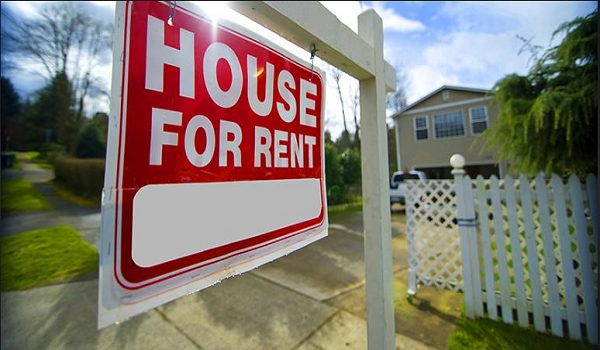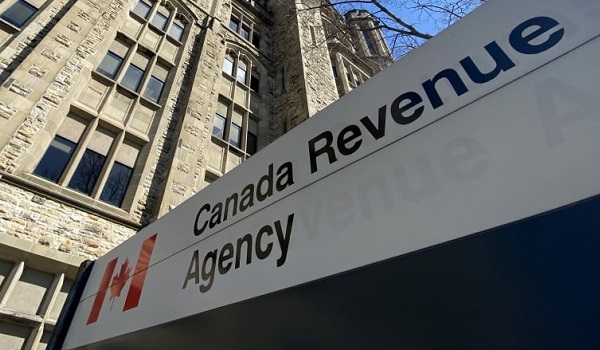Rent inflation is much higher for rental apartments than for condos and here are the reasons
In Canada’s overheated rental market, tenants are increasingly gravitating toward purpose-built rentals, experts say – demand that is driving up rent for these units much faster than for condos.
Advertised rents for purpose-built rentals, also called rental apartments, were up 14.4 per cent nationwide in February, compared with the same month last year, according to a report prepared by real estate research firm Urbanation using listings from Rentals.ca, a digital rental platform. By comparison, rents for condos, the other common type of rental housing in Canada, grew by just 5 per cent year-over-year.
Driving up rents for purpose-built rentals, which are meant to be leased for the long term, are three main factors: a severe supply shortage; rents that typically remain more affordable than those for condos; and a growing focus by cost-conscious Ontario tenants on securing rent-controlled dwellings, which are more likely to be rental apartments.
In Canada’s most populous province, “there’s been a greater awareness and, I believe, preference for buildings that are under a form of rent control,” said Shaun Hildebrand, president of Urbanation. Fiercer competition among tenants who want protection from future rent hikes is helping to push up asking rents on those vacant units.
Purpose-built rentals are located in buildings that are typically run by professional property management companies. Condominiums, by contrast, are buildings made of several individually owned units, which owners may rent out.
Because construction of purpose-built rentals decreased dramatically in Canada in the 1990s, most of these units date back to the 1980s or earlier. This has made them attractive to tenants seeking affordability in Ontario, where rent-control guidelines only apply to older units, Mr. Hildebrand said.
The province’s rent-control regulations currently cap rent increases for existing tenants at 2.5 per cent per year but exempts buildings that were occupied for the first time for residential purposes after Nov. 15, 2018. Landlords can raise rents above guidelines only when new tenants move in, with some exceptions. Manitoba’s rent-control regime also has a carve-out for newer dwellings, among other scenarios.
Across Canada, the largest factor contributing to faster rent inflation for purpose-built rentals is the fact that new supply of these rentals has been limited for years, lagging far behind that of condominiums, according to Mr. Hildebrand.
Lower rents for rental apartments are also helping to attract greater demand, he added. Nationally, the average asking rent for a purpose-built unit in February was $2,110, according to the Rentals.ca and Urbanation report, compared with $2,372 for condos.
A strong inflow of international students, temporary workers and other non-permanent residents in recent years has driven up demand for cheaper rentals, as these newcomers tend to have tighter budgets, Mr. Hildebrand said.
But in Ontario at least, there’s also anecdotal evidence that prospective tenants are increasingly aware of rent-control regulations and focusing on units subject to rules that limit landlords’ ability to jack up the rent.
Sundeep Bahl, of Toronto-based Re/Max Plus-City Team Inc., said his brokerage is now regularly hearing from tenants that they what to limit their house hunt to rent-control units, a request that wasn’t common in the past.
“A lot of the tenants now are asking – which they were not aware of before – if a building is under rent control or not. And if it’s not, they don’t want to see it,” Mr. Bahl said. He recalled the case of a prospective tenant last month who withdrew their leasing offer upon learning that the unit they wanted to move into was not subject to rent control.
Mr. Bahl believes tenants’ recent focus on rent control stems from their concerns about the kind of hefty rent increases that many residents experienced over the past couple of years. While rents in city cores dropped in the early stages of the pandemic, they rebounded quickly as COVID-19 restrictions fell away and immigration reached record levels, resulting in a renewed surge in demand for downtown dwellings.
As the rental market heated up again, many tenants who had secured relatively affordable units exempt from rent control were shocked to receive notices that their rent would increase by several hundred dollars per month, Mr. Bahl said.
“Now, the awareness level is much higher,” he said.
This article was first reported by The Globe and Mail















